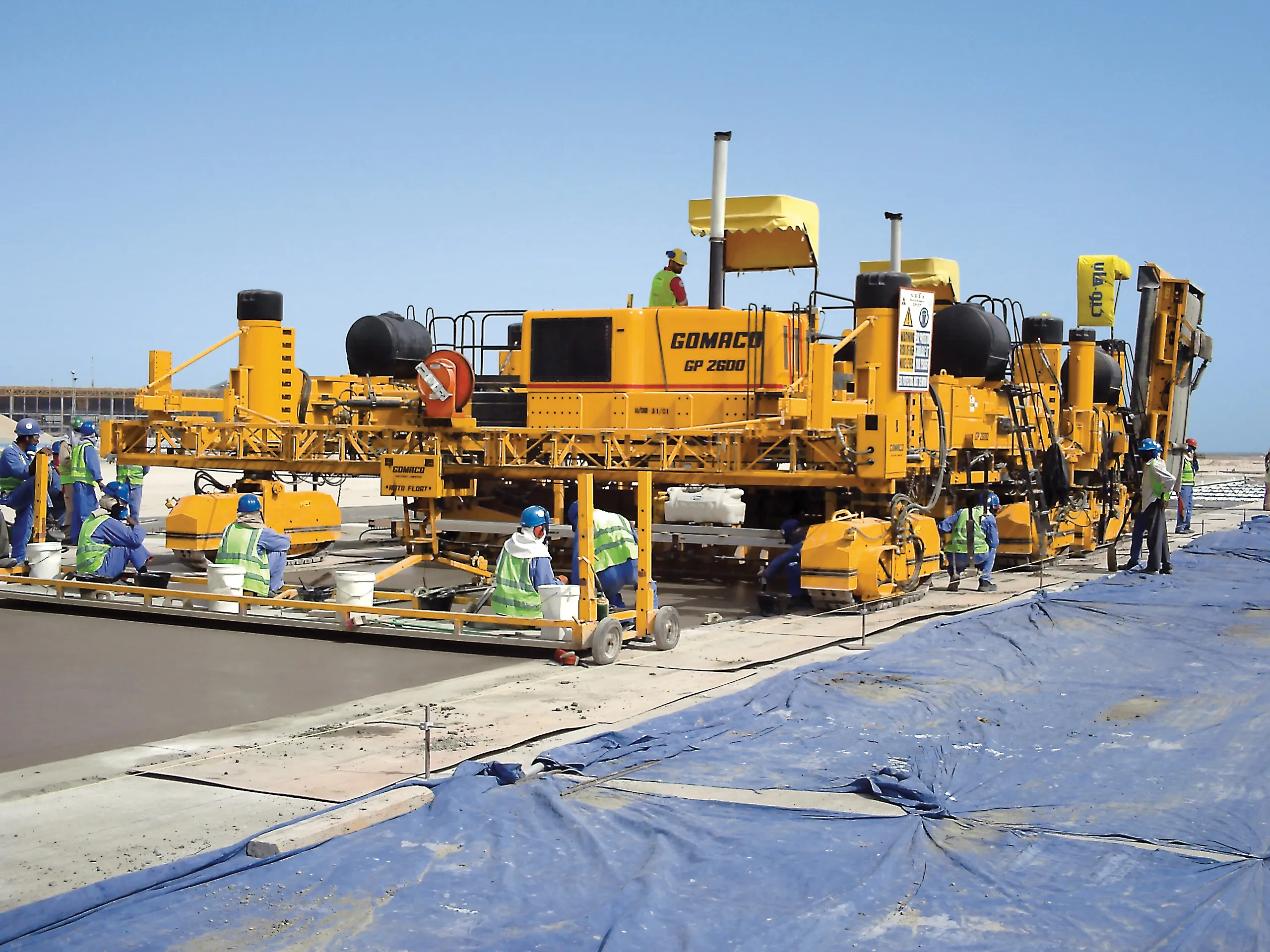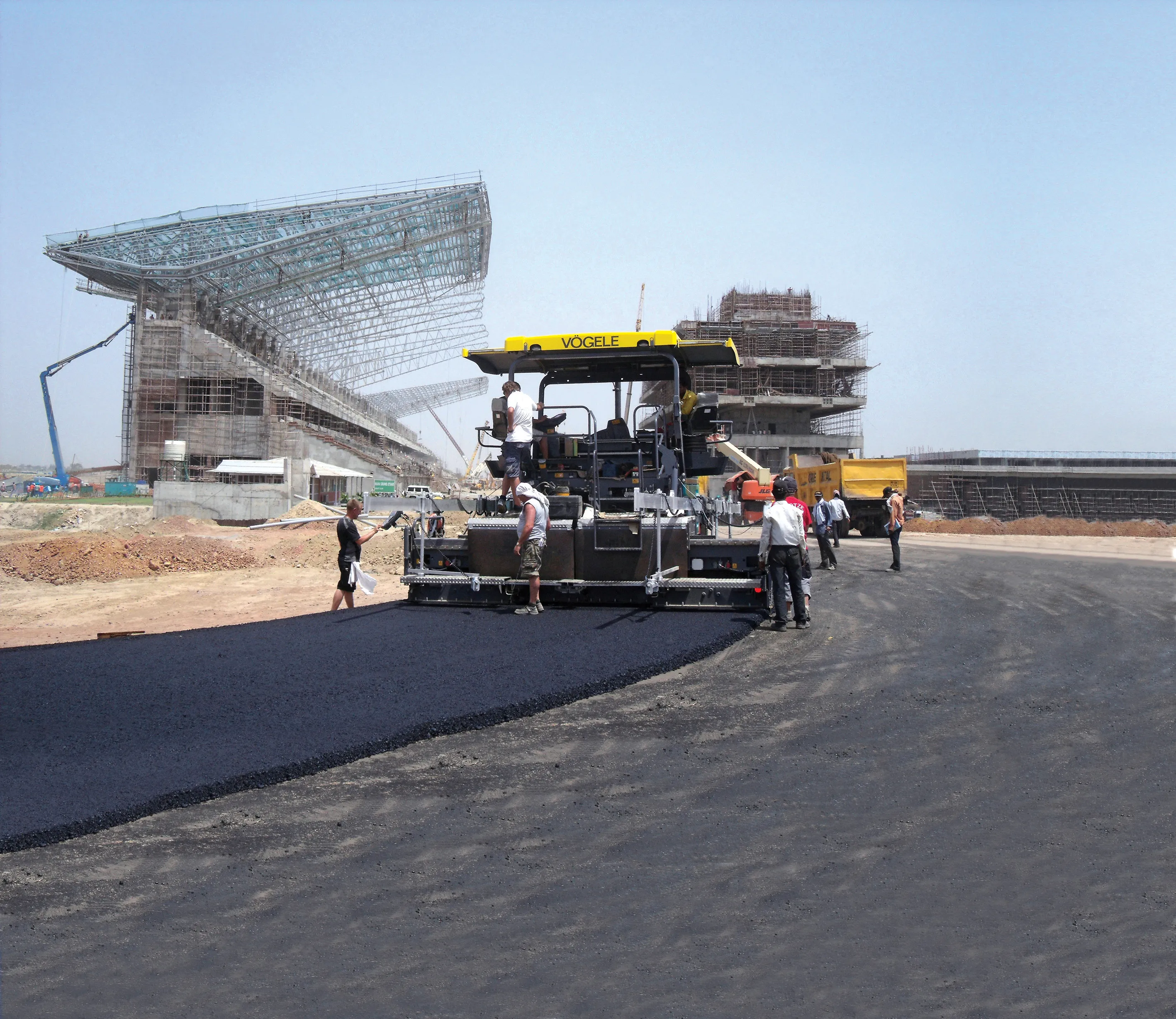Personnel from the Royal Engineers Corps have recently completed a paver course attachment with Eurovia Surfacing, the road and pavement surfacing specialist. The course saw the Corps learn how to design, build and maintain a military road network or airfield when deployed abroad. The students were given a full site safety induction on arrival and spent three days with the Eurovia Surfacing team as they looked to fulfil criteria towards achieving their Military Plant Foreman titles. “We are extremely gratef
November 30, 2012
Read time: 2 mins
Personnel from the Royal Engineers Corps have recently completed a paver course attachment with Eurovia Surfacing, the road and pavement surfacing specialist.
The course saw the Corps learn how to design, build and maintain a military road network or airfield when deployed abroad.The students were given a full site safety induction on arrival and spent three days with the
“We are extremely grateful to the Eurovia Surfacing team for offering its facilities and resources to train us,” said Sergeant James Collins. “It has been extremely beneficial to learn from experienced pavers how to use equipment and machinery safely and efficiently, whilst applying it all to a real life situation. We will be able to use this knowledge when working on military road and airfield networks while deployed, ensuring safer travel routes for the armed forces.”
The students gained hands-on experience working with the Eurovia Surfacing team on a live surfacing project on the A416 near Chesham.
“We were able to help the engineer’s complete hands-on activities such as bond coating, rolling patterns, site mobilisation and traffic management in order for the corps to apply these skills on military bases elsewhere,” said Peter Oakes, contracts manager at Eurovia Surfacing. “Our teams also offered their guidance and know-how in the operation of tandem rollers, paver and chipper machines.”
The students learnt first-hand how to install, manage and improve a road network. Students will have completed key criteria to gain their MPF title, ensuring they are of maximum use to the army in the field.









